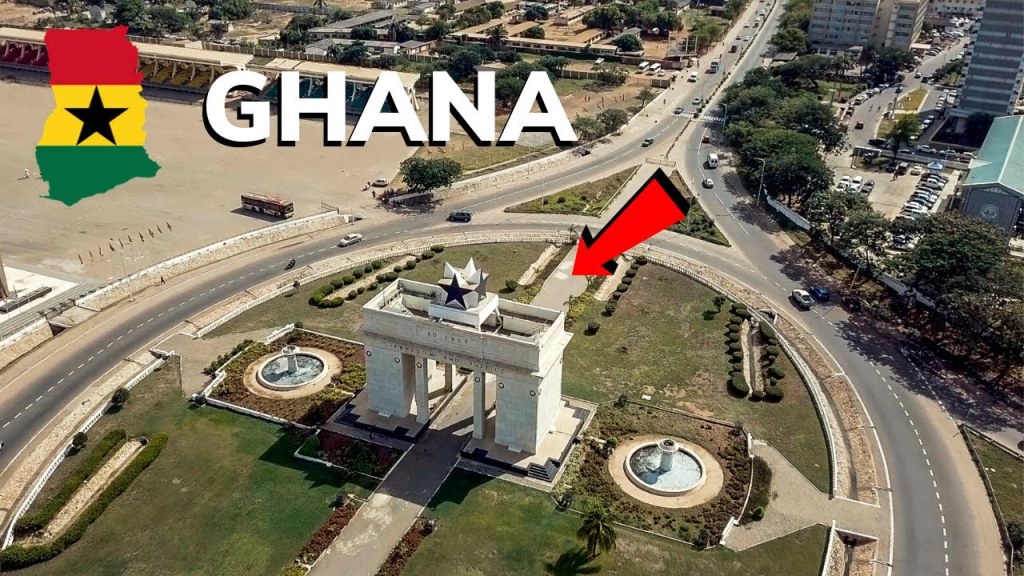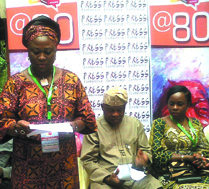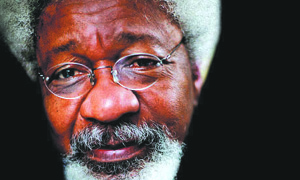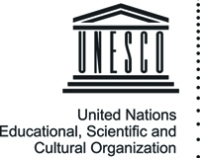 The African continent and the Diaspora, in recent time, have been confronted with numerous socio-economic and political challenges. Despite decades of experimentation with different economic policies and programmes, the world’s absolute poor still live on the continent.
The African continent and the Diaspora, in recent time, have been confronted with numerous socio-economic and political challenges. Despite decades of experimentation with different economic policies and programmes, the world’s absolute poor still live on the continent.
Furthermore, with only a few exceptions, most countries on the continent are caught in the poverty trap, with more than half of the population living below the poverty line and on less than $1 per day. Poverty is so severe in Africa that about 22 out of the 25 poorest countries in the World are in Africa. The problem of poverty has been compounded by needless political crises that often resulted in violent conflicts on the continent.
Unfortunately, like the African continent, the African Diaspora is also faced with its own challenges as they are also plagued with the problems of socio-political and economic exclusion. Despite constituting significant segments of their countries’ population, most Diaspora Africans are condemned to the lowest socio-economic rung of the ladder in their own societies and are almost excluded from political participation. Added to these, Diaspora Africans face the challenges of domination, inequality, poverty, disease and racial discrimination.
Against this backdrop therefore, the International Conference organized annually by the Centre for Black and African Arts and Civilization (CBAAC) positioned itself effectively to articulate and aggregate views and opinions aimed at frontally tackling these challenges so as to ultimate improve the lot of the Diaspora as well as Africans at home.
The conference organized in collaboration with the University of the West Indies, Mona Campus Kingston, Jamaica, the African Caribbean Institute of Jamaica (ACIJ), the Pan African Strategic and Policy Research Group, (PANAFSTRAG), the High Commission of South Africa Jamaica, and the Nigeria High Commission in Jamaica held its 9th Global African Colloquium on the theme: Toward a New Pan-Africanism: Deploying Anthropology, Archaeology, History and Philosophy in the Service of Africa and the Diaspora at the University of the West Indies, Mona Campus, Kingston, Jamaica from April 23 through to 25.
The conference which set out to create the desirable space and forum for African and African Diaspora experts, students, scholars and researchers to meet, debate, exchange ideas and present their work particularly the humanistic and social science disciplines of history, the arts, philosophy, anthropology and archaeology; also sought to foster understanding of the relationship between Anthropology, Archaeology, History and Philosophy and identity politics in Africa and the Diaspora.
It further aimed at examining the extent to which Anthropology, Archaeology, History and Philosophy have promoted or hindered development in Africa and the Diaspora; as well as to enhance the understanding of Anthropology, Archaeology, History and Philosophy and how they could be explored and utilized to advance the frontiers of Pan-Africanism.
Rising from deliberations therefore, experts affirmed that Africanism as an ideological framework provided a guide and direction for the course of decolonization and could be a basis for the development of Africa and the Diaspora in a globalized world.
They also observed that the disciplines of Anthropology, Archaeology, History and Philosophy could be deployed in defining and constructing a new Pan Africanist agenda for development in Africa and the Diaspora, just as they believed that the educational programmes are not sufficiently structured or developed to decolonize the African mind and are still generally Eurocentric in curricular and methodologies.
“There is a destruction of the sense of self, alienation from African cultural identities and adoption of white supremacist ontologies by Africans and Africans in the Diaspora; including those in the academia. There is a lack of correlation between economic growth and the quality of life of Africans in Africa and the Diaspora.
“There is need to re-define the relations of power in knowledge production and utilization between the West on one hand and Africa on the other,” read the recommendations in part.
Earlier in his address, Minister of Tourism Culture and National Orientation, Chief Edem Duke, who described the theme of the conference as relevant given the challenges and prospects of Africa’s and Africa’s Diaspora development, however, noted that African countries shared a common vision to attain economic growth, sustainable development and an improved living standard for our peoples.
“As a matter of importance and urgency, we must deploy and utilize these areas of knowledge in our mutual quest for development. The theme of CBAAC’s international conference is therefore relevant and timely,” he stressed.
On his part, Chairman, Governing Board of CBAAC, Senator Brimmo Yusuf, explained that the choice for theme of the conference was informed by the urgent need to reflect on developmental challenges Africa and its Diaspora continue to face and fashion out strategic responses to these problems.
“In the last two decades, it is sad to note (despite independence) that only a few African and African Diaspora countries have recorded significant socio-economic progress. Most of our peers at independence have since left our countries behind. While they continue to make progress, Africa and her Diaspora are befuddled and enmeshed in needless socio-economic and political crises. Consequently, the convocation of this conference by the Centre and her partners is a timely response to these challenges,” Yusuf noted.
For Director General of CBAAC, Prof Tunde Babawale, the problem of poverty on the continent of Africa has been compounded by needless political crises that often resulted in violent conflicts on the continent.
“Unfortunately, like the motherland, Africa’s Diaspora is also faced with its own challenges as well. The continent’s diaspora is plagued with the problems of socio-political and economic exclusion. Despite constituting significant segments of their countries’ population, most Diaspora Africans are condemned to the lowest socio-economic rung of the ladder in their own society and are excluded from political participation.
“Added to these, Diaspora Africans face the challenges of racism, inequality, poverty, disease and racial discrimination. In the face of these challenges confronting Africans on the continent and the Diaspora, concerted action is required on the part of people of African descent deploying these disciplines in order to frontally tackle the challenges.
“Before now, humanistic disciplines like Anthropology, Archaeology, History and Philosophy were believed by Western knowledge enterprise to be their preserve and beyond the comprehension of Africans and their descendants. To their establishment, Africans and their descendants have no knowledge system on history and philosophy. Consequently, claims of the existence of African history and philosophy are not tenable. Western establishment also tenuously believes that anthropology and archaeology were areas of knowledge founded by them. This conference challenges such beliefs and corrects those impressions. This conference will also explore ways these forms of knowledge can be used to advance Africa’s and Diaspora’s developmental strides,” Prof Babawale stressed.
On the choice of Jamaica, as host for the 2014 edition of its annual international conference, Babawale explained that it was borne out the multitude of similarities shared by both countries, adding further that the conference was also aimed at strengthening relations between both countries.
“The choice of Jamaica for this conference is good one. Nigeria and Jamaica enjoy cordial relationship. Our countries shares have cultural affinity. Jamaica’s biggest cultural export to Nigeria is music and fashion. Nigeria’s Nollywood enjoys great patronage from Jamaicans. Consequently, organizing a conference of this magnitude here in Kingston will surely strengthen bilateral relationship between our countries,” Prof Babawale said.
While noting that pan-Africanism marked a significant watershed in which people of African descent forge a common front at confronting impediments global Africans development, the CBAAC director stated that the ideology also represents an attempt by African and its Diaspora at destroying the leviathan and vestiges of slavery, colonization, racism, neo-colonialism and all negative identity syndrome that have become characteristic of places inhabited by people of African descent.
“I share in the belief that we can overcome the challenges we face today using Pan-Africanism and by deploying those disciplines. It is capable of creating enabling environment for viable and sustainable economic growth and development. This way we can reduce poverty, re-engineer our social development and end various mindless wars and conflicts that continue to plague our continent.
“The ideology is capable, if employed objectively, of providing us avenues for peace-building which can help in promoting democratic governance and respect for human rights. Pan-Africanism can also aid our quest at fostering continental integration and seeking beneficial partnership with the industrialized world,” he summed up.




















